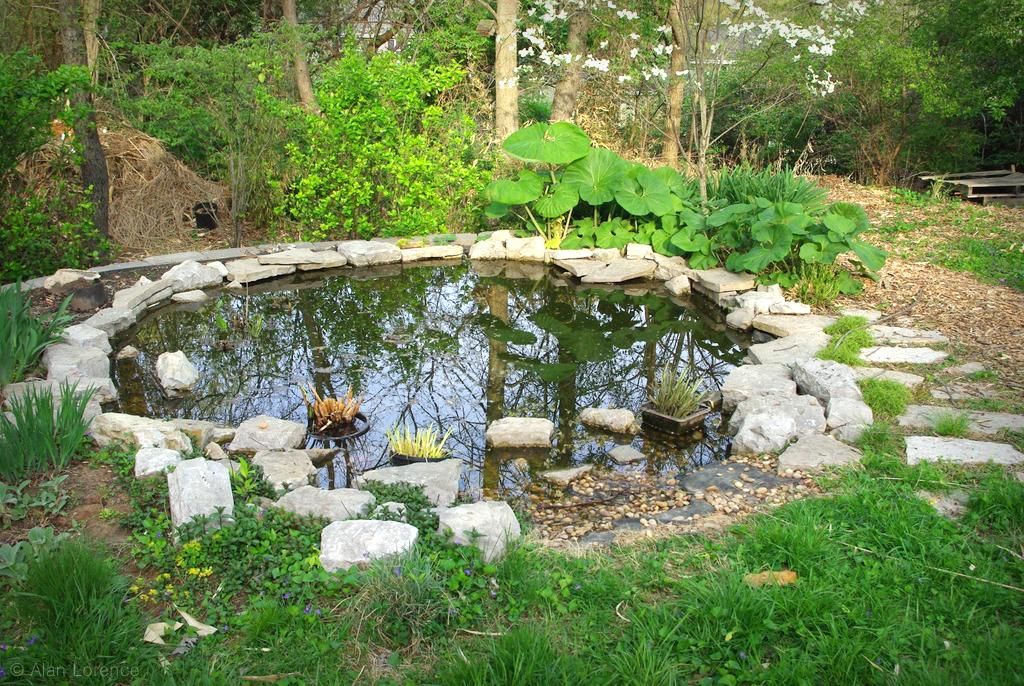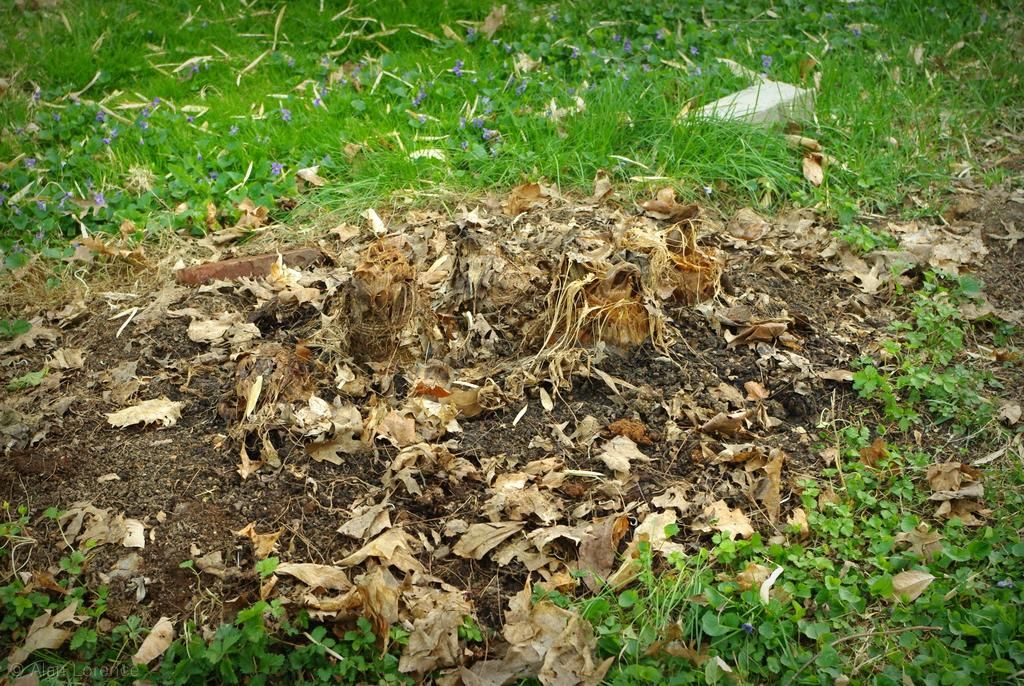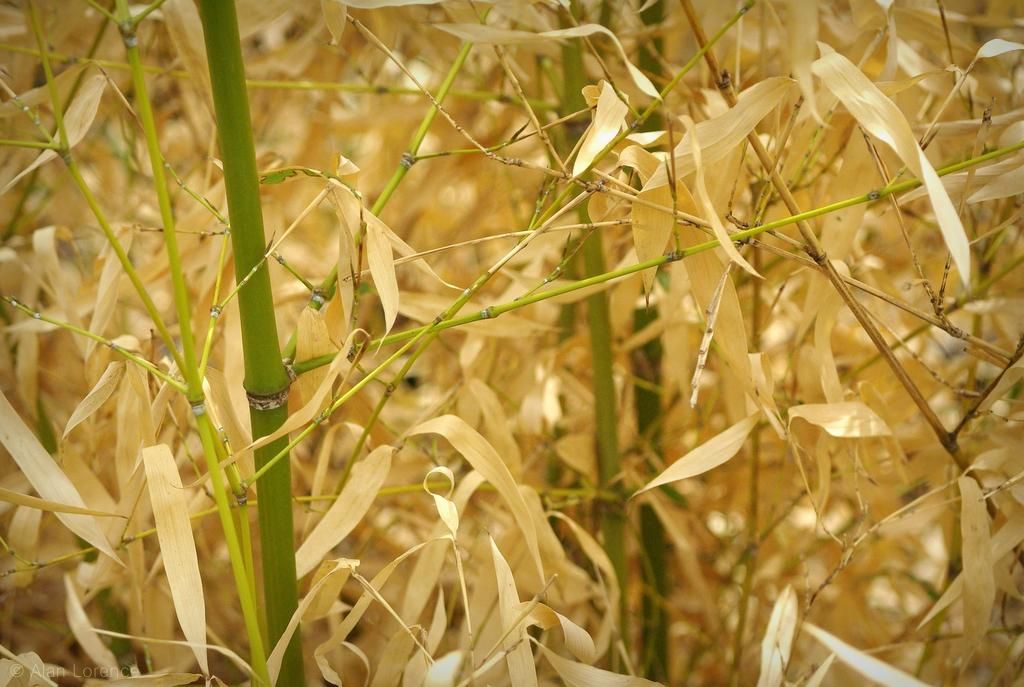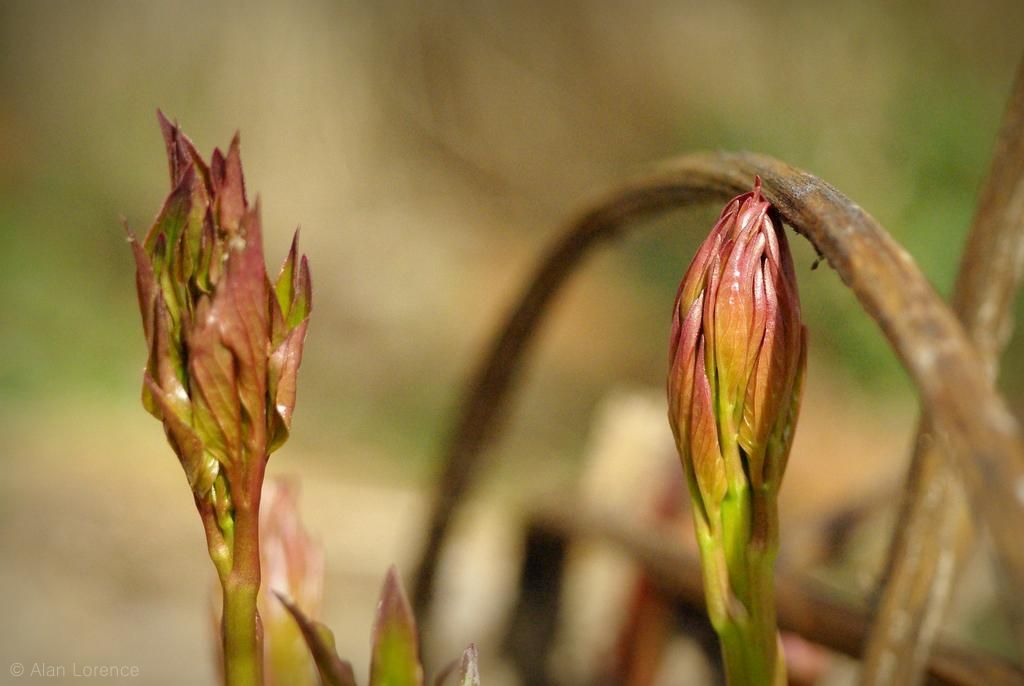Best plans foiled
I have a rare treat today. It's a post about a disappointment in the garden, with the best of intentions not producing the results that were hoped for. Plans that seemed so solid and promised great returns a month ago now reveal a major flaw -- through unexpected circumstances.
That's not what makes this post special though, because as gardeners we deal with spoiled plans and disappointing results all of the time. What makes this post special is that it's not the humans in the garden whose plans have been foiled...























